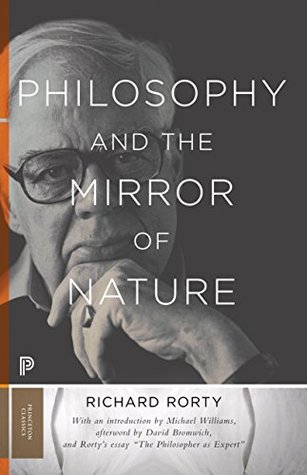Like William James in The Meaning of Truth, having thrown over the academic philosophy of his day, Rorty made it his mature ambition to abolish the value most cherished by philosophers. He called that value “Truth with a capital T.” His more-or-less Nietzschean variations on the theme were a spur to controversies with Hilary Putnam, John Searle, and others who wanted to preserve a sharper line between the natural and the moral sciences. Whether Rorty had the best of these disputes must be decided by judges better qualified than I. But his aim was easily misunderstood; it was not to deny the
...more
Welcome back. Just a moment while we sign you in to your Goodreads account.


